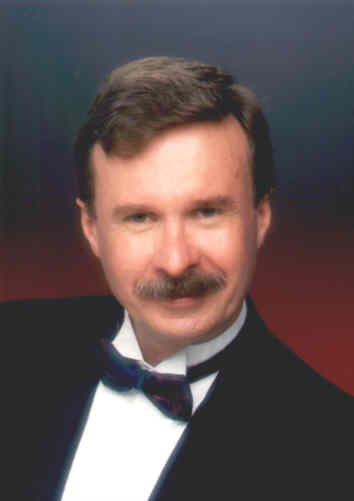I knew where I was going when I began my research career. I knew
that personnel psychology, business principles, and my skills in testing,
measurement, and evaluation would allow me ... social programs ... making the
working world a better, more productive place... teaching
It's much like I already knew that there were places in the world I wanted to
go. Even as a young graduate student, I knew I wanted to see Chinese
temples, the pyramids at Luxor, the Cambodian temple at Angkor Wat , the Emerald
Buddha in Bangkok, Tikal in Guatemala and Machu Pichu in Peru. These
were exotic sites in almost out-of-reach places. I didn't know what I
would find, but I knew I wanted to see them.
My professional aims were
Been there, Done that
There are places I've been where I don't want to go back, and that don't
inspire me. Like Chinese temples, they had an appeal, but once seen, the
musty, dusty, unkempt, and unlit appearance don't beckon back. Once
visited, you can pass them by next time.
But other places, like Tikal and the Temple of the Emerald Buddha continue to
amaze and excite. Tikal is in the middle of the Guatemalan jungle.
It took a day to fly and drive there. And, jungles in Guatemala are not
really different from jungles in Malaysia, Indonesia, and Brazil - they are
relatively impenetrable except for highways and rivers.
So, there's personnel psychology. Like the Chinese temples. A few dark
corners, some cobwebs here and there that could be cleared away - some drapes
that pulled away would add some light and luster. Open a window here and
there and let the musty incense away....
Places to Go
Haven't been to Machu Pichu -- it was too dangerous until former President
Fujimora locked up Guzman of the Marxist Shining Path rebels. Luxor -
haven't been to see the pyramids.
The interesting problems include professional development. The standard
bureaucratic model requires a competitive environment with hiring and
performance appraisal used to select and keep the best while weeding out the
second-best. But consider instead the congenial work group (Eastern
European term). Western Ph.D.s vs. Eastern European ones?
Consider an academic environment. Few professors are really on the
cutting edge of their research - their graduate students really are.
Faculty members contribute by knowing the parallels and the context of
research. Professors know what's been done before, which alleys are blind,
and which remain unexplored. The exploring is left to the graduate
students who really know what's what. Both are necessary -- in a truly
competitive environment, there would be no need for the old fogies.
I've had the privilege of being invited to sit on selection committees for
new faculty members. Rather pompous events. The job candidate gives
a lecture about his/her research and the faculty in the audience try to one-up
the candidate and show how much more knowledgeable, astute, clever, they
are. My own preference has been to focus on personality. That is, if
I like the candidate, I know we can learn to work together and can contribute
together. If I don't like the candidate, there's little hope of a
successful mesh.
To me, the socializing is more important than the colloquium talk.
|  A Consultant's Casebook
A Consultant's Casebook